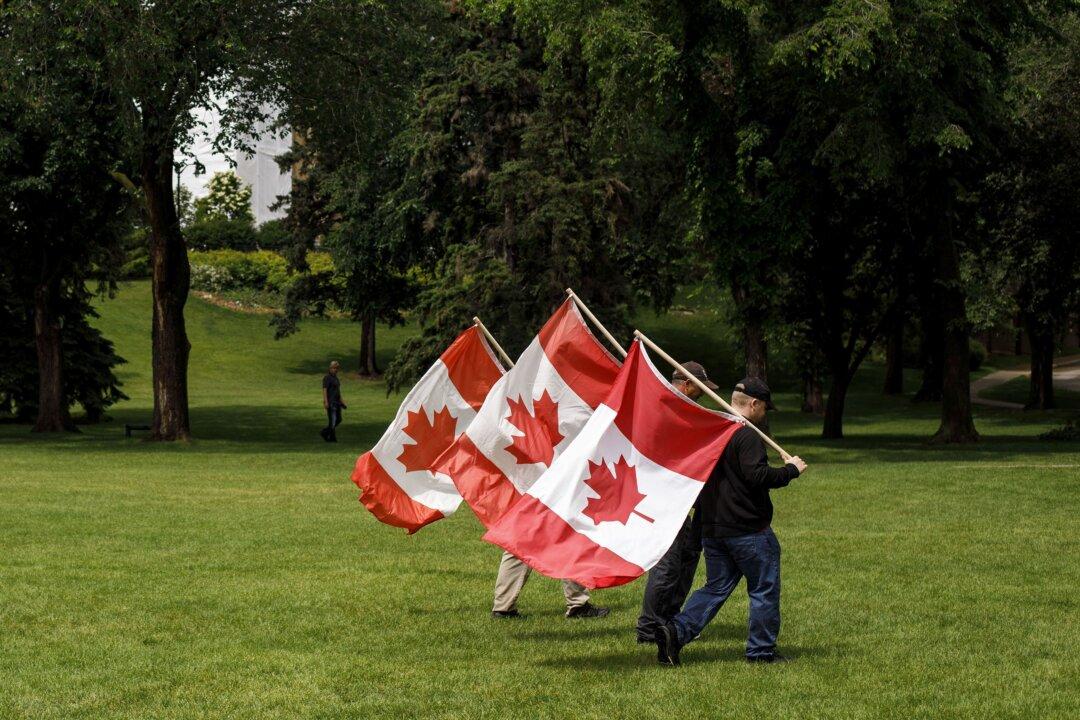Commentary
According to recent polling, pride in country is in a state of precipitous decline. Understanding the reasons for this trend provides considerable insight into how the Canadian public’s values have shifted through the past several decades.





